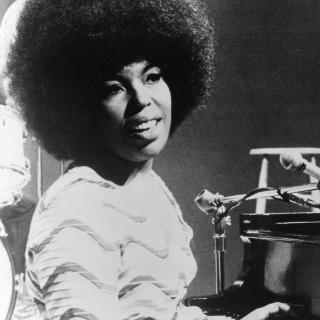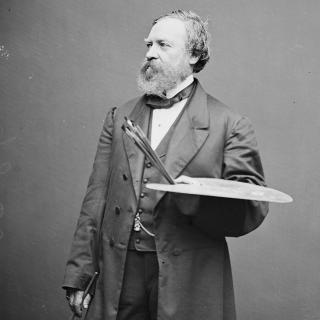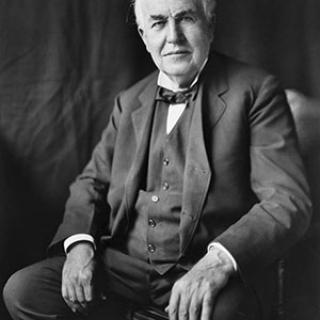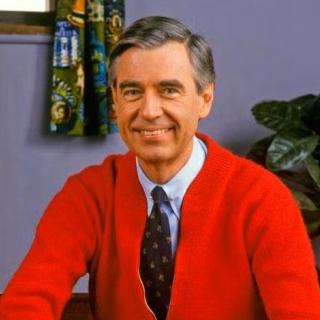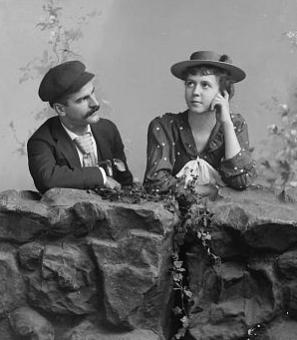That Time Bob Hope Almost Bought the Washington Senators
Bob Hope was no stranger to Washington. The comic was well-traveled and visited the nation’s capital numerous times for performances and events particularly through his work with the U.S.O. Hope and his wife Delores also periodically came to town to visit their son, Tony, who was a student at Georgetown University in the early 1960s and, later, a Washington attorney and lobbyist.
In 1968, however, Hope was angling for a more permanent connection to the District. The previous December, James Johnston, 50% owner of the Washington Senators’ baseball club, had passed away. The trustees of Johnson’s estate, along with co-owner James H. Lemon, began entertaining bids to sell the team. Hope, who was an avid sports fan and owned a small stake in his hometown Cleveland Indians at the time, was interested.
In May 1968, Evening Star columnist Morris Siegel broke the news to readers, “The Senators are not as hopeless as they appear. Bob Hope, who made several overtures to acquire 50 percent of the club from the estate of the late James Johnston, is still interested despite the dreadful slump.”[1] (The “slump” was a near constant state of affairs for the Senators in 1968. At the time of Siegel’s column, the club was 16-26, already 9.5 games out of first place and on its way to a terrible 65-96 record.)
Hope, however, kept coy about his interest in public. As he told the press in September, “Three different groups have tried to interest me in three different baseball teams. When I come to Washington I like to come for golf, not baseball.”[2] Behind the scenes, however, the wheels were turning.
As Hope recalled later:
“I had the money from the bank and even had selected an old baseball man, Bill DeWitt (who owned the St. Louis Browns) to be general manager. I had gone so far as to discuss new lights and parking with the City Council of the District of Columbia.”[3]
Indeed, the opportunity to own a major league franchise doesn’t come along very often, even for someone with the means and connections of Bob Hope. Furthermore, as the great Washington Post sportswriter Shirley Povich explained, the Senators were unique: “The Washington franchise is a prestigious one…. Only in Washington does the owner of a baseball team make the annual pilgrimage to the White House to invite the Nation’s President to the opening game and get his picture taken in the executive office. Only the owner of the Senators can bask in the bunting-bedecked box seat at the side of whoever is the Nation’s President, and thus achieve instant status on the networks, social and national.”[4]
According to those familiar with the negotiations, however, the price that Lemon and the trustees were putting on the team – $10 Million – was significantly above market value for a losing franchise that was in the red and had seen its attendance drop 30% from 1967-1968. As promoter Frank Lane put it, “Who wants to buy the right to lose money in Washington? A handshake with the President of the United States isn’t worth the kind of money they lose.”[5]
With team owners hoping to complete a deal before baseball’s winter meetings in early December, negotiations began to heat up in late fall. Hope (finally) formally acknowledged his interest: “I will not deny I am interested in purchasing the Washington team. I believe it can be an exciting franchise.”[6] He also revealed that he preferred to have partners in the venture and mentioned Johnny Carson and actor Steve McQueen as possibilities, quipping, “Maybe we will conduct the whole baseball operation through the Screen Actors Guild.”[7]
Despite such teases, Hope was slow to submit an official bid. As he told reporters years later, “I started to have hemorrhages in my eyes and my doctor and my wife Delores told me to drop out of the bidding for the club.”[8]
On December 3, the team announced its sale to Minnesota businessman and Democratic National Committee treasurer, Bob Short. In a letter to the editor of The Evening Star, one Washington fan lamented the missed comic opportunities, which Hope’s ownership of the woebegone franchise would have presented:
SIR: I was really quite disappointed to learn that Bob Hope was unsuccessful in his bid to purchase the Washington Senators baseball club. It would have been comforting to go to bed each night knowing that the most magnificent joke in the world was safe in the hands of the greatest living comedian. – Bruce N. Deppa, Derwood, Maryland[9]
As it turned out, the sale turned out to be no laughing matter for D.C. baseball fans. Just three years after buying the team, Bob Short became one of the most hated men in Washington sports history when he moved the Senators to Texas following the 1971 season. The nation’s capital would not have a team to call its own again until 2005.
Footnotes
- ^ Morris Siegel, “Bob Hope Still Wants Senators,” The Evening Star, May 28, 1968: A-17. Among Hope’s many visits to Washington was an occasion in 1963, when President Kennedy awarded the comic with the Congressional Gold Medal in recognition of his services to the country as an entertainer during World War II.
- ^ Shirley Povich, “Nats Listed for Sale, but there are no Offers,” The Washington Post, September 28, 1968.
- ^ Bob Addie, “Hope Visit Stirs Memories,” The Washington Post, January 15, 1976: E3.
- ^ Shirley Povich, “Nats Sale Hinged to Vanity,” The Washington Post, October 6, 1968.
- ^ Shirley Povich, “Nats Sale Hinged to Vanity,” The Washington Post, October 6, 1968.
- ^ Shirley Povich, “Bob Hope Enters Bidding for the Nats,” The Washington Post, November 7, 1968.
- ^ Shirley Povich, "Senators' Sale, Price Lower, Tips Toward Short." The Washington Post, November 22, 1968.
- ^ Bob Addie, “Hope Visit Stirs Memories,” The Washington Post, January 15, 1976: E3.
- ^ Bruce M. Deppa, letter to the editor, The Evening Star, December 16, 1968: 13.


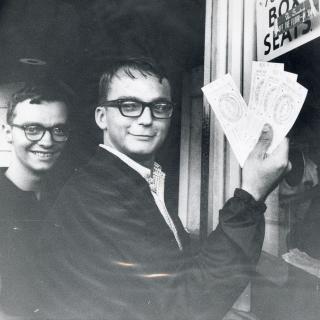
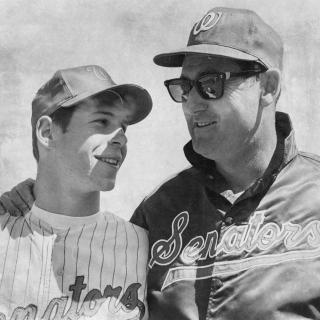
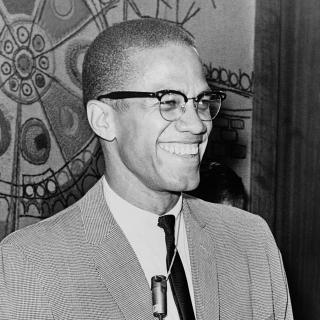
![Sketch of the mythical fuan by Pearson Scott Foresman. [Source: Wikipedia]](/sites/default/files/styles/crop_320x320/public/2023-10/Goatman_Wikipedia_Faun_2_%28PSF%29.png?h=64a074ff&itok=C9Qh-PE1)







